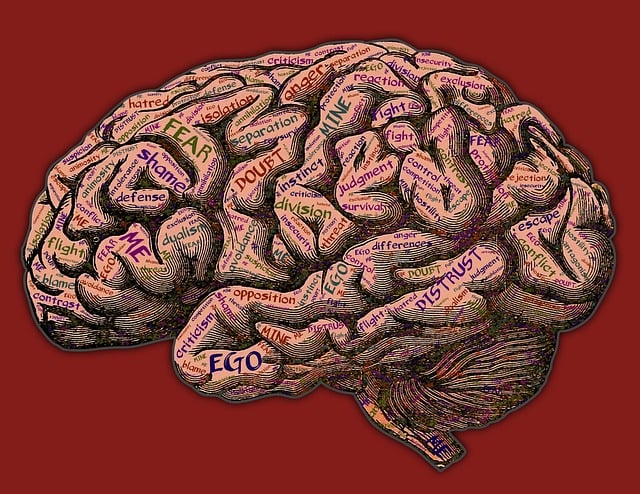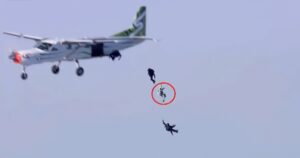The demise of the dinosaurs 65 million years ago created ecological niches for the progenitors of humanity to thrive. But, it took an additional 64.8 million years after the extinction of the dinosaurs before Homo sapiens, the first humans, made their appearance on Earth roughly 200,000 years ago.
A whopping 99% of the 3 billion species that have ever existed on Earth are now extinct, primarily as a result of their inability to adapt to the environment. You are here today as a result of your ancestors’ ability to overcome overwhelming obstacles in each of the previous 10,000 generations. They survived because each generation learned how to adjust to the shifting circumstances they were in. Now it’s up to us to determine how to adjust.
Edward O. Wilson explains how our earliest ancestors’ adaptations led to the modern-day human dominance of Earth in The Social Conquest of Earth. Our deep-seated instincts that developed from those ancient adaptations now control many of our natural reactions and behaviors. Some of those instincts from our prehistoric ancestors today jeopardize our existence, but many of them continue help keep us alive. But, we are already ahead of our story. Start at the beginning.
We owe our existence on Earth in significant part to our ability to control fire and our highly uncommon impulse to create and protect an existing nest, among the many adaptations that got us here.At most, a few tens of thousands of our oldest ancestors lived in small groups of a few dozen people. Vegetation, which has little calories per weight, was what early people ate. Meat is a more effective source of the protein needed for living since it contains more energy per weight than vegetables.
Our forebears eventually realized that eating meat meant consuming less time and energy in search of nourishment. The meat of animals killed in and cooked by wildfires was easier to digest, and as a result, its protein could be utilized more quickly. At first, they killed animals and ate their flesh raw.Most creatures on Earth build nests. Yet once a nest has served its purpose most creatures abandon their nest and build a new one when needed. Humans are one of only seven creatures on Earth that build permanent nests and defend them, which is called eusociality.*** Our eusocial behavior was the primary reason humans came to dominate Earth.
Learning to control the use of fire at campsites (our “nest”) so that meat could be cooked greatly amplified behaviors that today defined what it means to be human – the division and specialization of labor, trust and cooperation.
Wilson describes this: “The advantages of cooperation in the harvesting of meat led to the formation of highly organized groups. These consisted of extended families and allied tribes, so the population could be as large as could be sustained by the local environment. This became an advantage when resources became limited and the need to fight other tribes [to the death] for resources was needed.”
“The cohesion forced by the concentration of groups to protected [camp] sites was more than just a step through the evolutionary maze. It was … the event that launched the final drive to modern Homo sapiens.”





